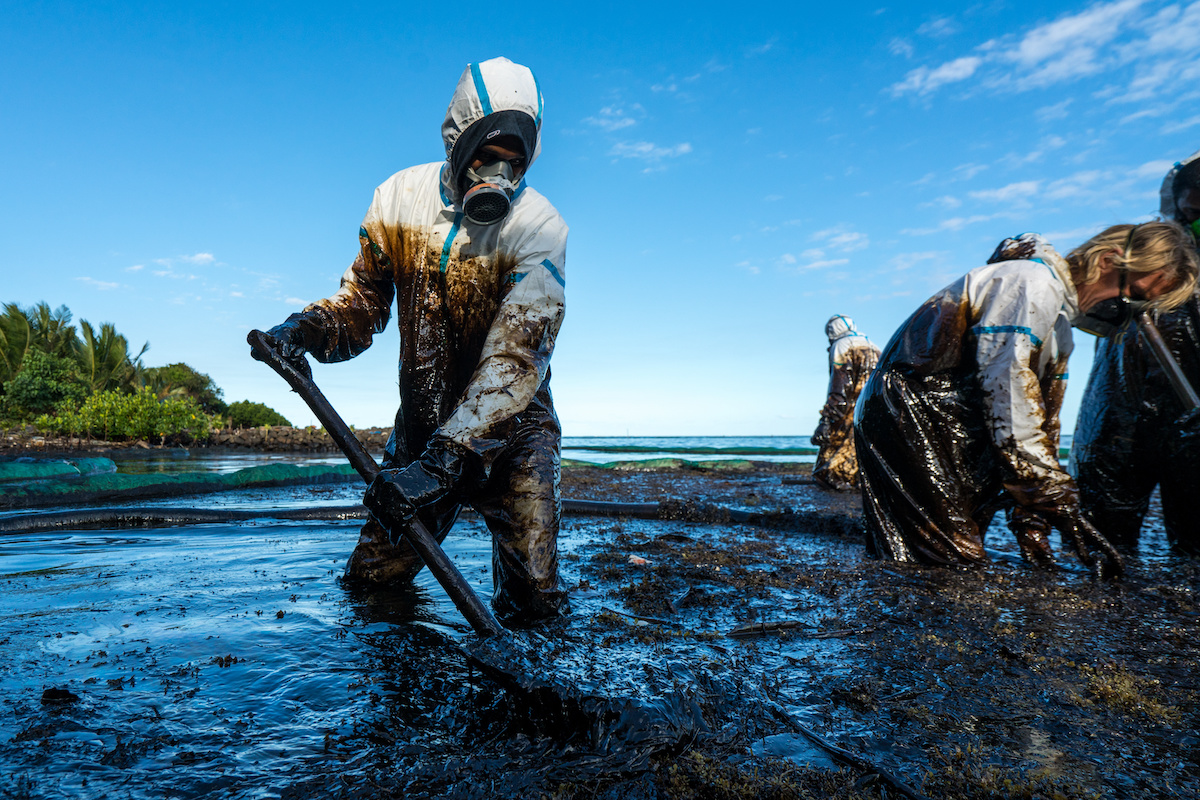On a par with climate change for impacting human civilization is our unsustainable use of global resources and our overtaxing of ecosystems. Our economic system is geared toward short-term profits with almost total disregard for finding critical nature-based solutions. Since we live on a finite planet, resources are limited and thus unlimited growth, the goal of GDP (gross domestic product), is clearly not feasible long-term.
After centuries of despoiling ecosystems, nature’s ability to continue to function is nearing an end. For example, our efforts to control water with dams and levees have compromised nature’s slow water processes. With the additional hit from climate change, we are now experiencing more extreme droughts and floods. Policies and approaches are starting to change, however. As the Sierra snowpack diminishes with rising temperatures, California is beginning to reopen long-ignored floodplains to heavy rains in order to increase percolation into aquifer basins.
After superstorm Sandy, Staten Island induced more than 600 owners of exposed beach properties to withdraw, thereby creating a protective buffer of native plants. Historically, U.S. federal disaster relief required people to rebuild in the same location. Today, funds are starting to be available for relocation. In Britain, the government is developing a managed retreat plan from thousands of miles of coastline exposed to sea rise and rough North Atlantic storms. In Monrovia, a suburb of Los Angeles nestled against the San Gabriel Mountains, a natural zone along the foothills has been created by buying private lands to lessen risk to the town from wildfire and flooding.

Change is even happening in the field of economics as it starts to join with environmental and ecological disciplines. Kate Raworth, author of Doughnut Economics, developed a model that values ecosystems as well as the need for human equity. In 2021, the United Nations (UN) adopted a new economic framework that includes nature’s contribution when measuring economic prosperity and human well-being. According to the UN, more than 34 countries are compiling ecosystem accounts, valuing the state of their forests, wetlands, soils, fisheries, etc.
The economists who embrace ever-expanding GDP also push for unlimited population growth claiming that slowing population growth will result in not enough young workers paying into pension programs to support larger numbers of older people. As with GDP, eternal population growth is impossible on a planet with finite resources. Some countries which have already achieved negative population growth rates, many in Europe, still maintain high standards of living and enjoy greater equity than the U.S.
A few years ago, researchers calculated that every dollar invested in buying land for conservation (forests, savannahs, wetlands, meadows, peat bogs, etc.), for slowing water runoff to diminish flooding, and for creating wildfire buffers could save $2 to more than $5 in avoided damages from climate disasters. The direction for the future seems clear, and nature is pointing the way.

 on Google
on Google 



You must be logged in to post a comment.